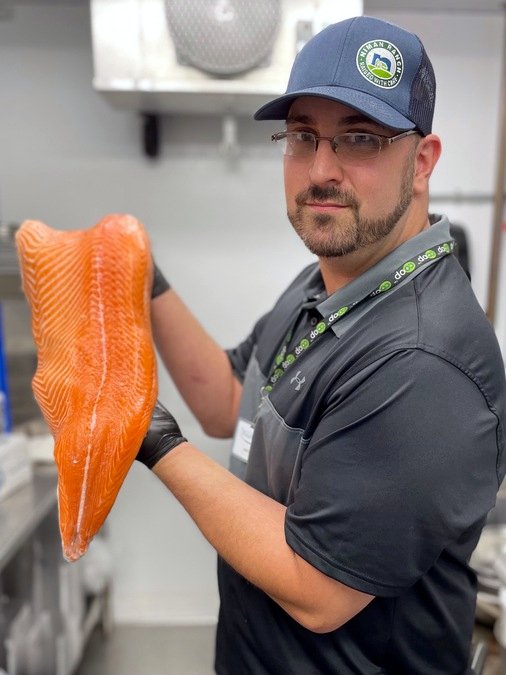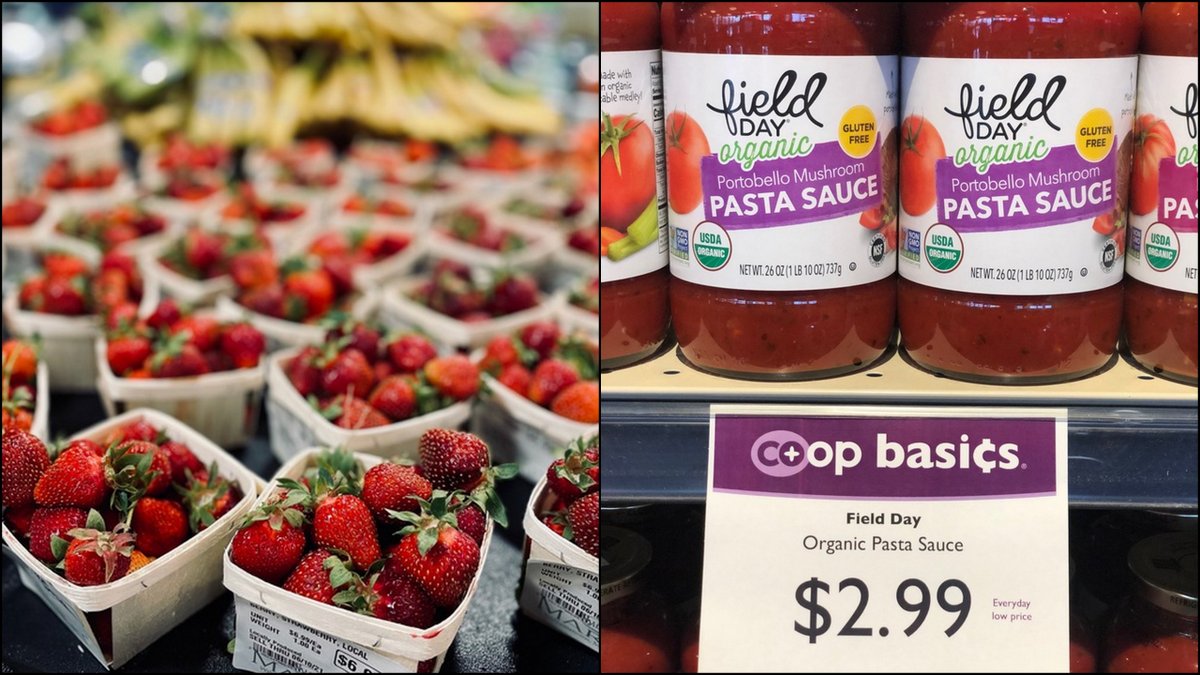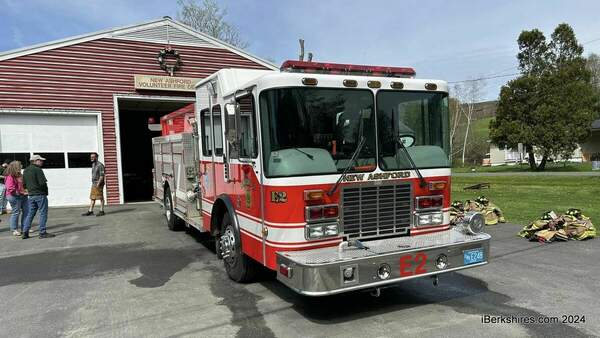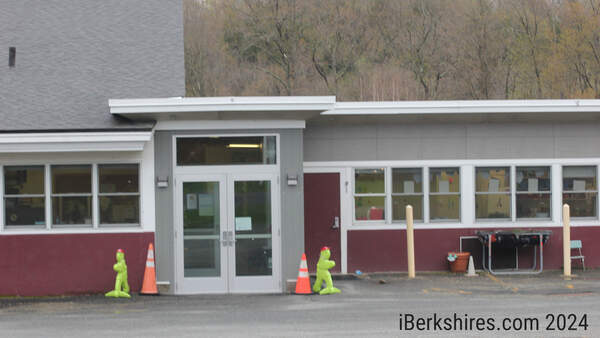
Wild Oats Co-Op Welcomes All Customers

"We would love to be everyone's local neighborhood grocery store."
That's how Wild Oats Co-op Marketing & Owner Relations Manager Scott Menhinick described the vision of the Williamstown grocery's future.
Originally formed as a buyer's club in 1975, the co-operative market expanded into a true co-operative in 1982. It moved to 320 Main St. in 2005 and continues to offer the public fresh, local food whenever possible.
Wild Oats wants the public to know that you don't have to be a member in order to shop there. The co-operative model offers memberships to the market at $20 per year for 10 years or a $200 one-time payment, but everyone is invited to peruse the shelves.
"All shoppers are welcome here," said Menhinick.
Nearly 40 years in, Wild Oats has more than 1,600 active member-owners with equity shares in the business, which means when the store is profitable, they can receive annual patronage rebate checks based on how much they shop there. Plus, member-owners can serve on the board of directors, vote on changes to the bylaws and save 10 percent on quarterly Owner Appreciation Days, among other benefits.
Because many of the products are local and seasonal, Wild Oats customers can expect a different model of shopping when they walk in the door.
"When it comes to local stuff and the real, fresh things …you actually have to get used to the old-fashioned way of doing it," said Menhinick.
In other words, the availability of certain produce varies from week to week and even day to day. Right now, for instance, it's blueberry season. Menhinick said Blake's Blueberries, a local farm, delivers berries to Wild Oats, which sell out almost immediately.
Menhinick described it this way: "It's kind of like a farmer's market under one roof that's open every day. We represent all the diversity and freshness available here in our local food system, but also the realities of small-scale farming, including weather and a limited growing season."
Despite all the organic labels and local, high-quality produce, Wild Oats offers prices for shoppers with all types of budgets. As part of the National Co-op Grocers, Wild Oats participates in the national Co-op Deals program, as well as the Co-op Basics Program. These programs provide shoppers with dozens of high-quality organic items at "everyday low prices."
While the national Basics Program is focused on grocery items, Wild Oats extends these discounts to its own produce and fresh departments with its Bonus Basics program. Shoppers should look for the purple labels to find the best deals on all types of grocery, produce and prepared items from its in-house kitchen.
Of course, locally produced food will inherently cost more than some of the mass-produced items that you would find in a corporate supermarket. But Menhinick said most items are comparably priced with much larger local stores and "when we can charge less, we do, through weekly sales and specials and the hundreds of items available in whatever amount customers need in our bulk aisle."

The co-operative structure of Wild Oats lends itself to these lower prices. "The co-op model," said Menhinick, "is democratic, open-to-everybody and all about community."
This is also reflected in the Round Up for Change initiative, which donates money to local charities. The program has raised more than $40,000 since June 2020, and in July, Wild Oats donated $3,353.57 to the Williamstown Farmers Market's Community Essentials Initiative.
These donations are part of a larger effort to connect with and give back to the local community. "Your money stays in the community" when shopping at Wild Oats, according to Menhinick. "We're trying to keep more money here [in Berkshire County.]"
Perhaps most appealing about Wild Oats, other than the many affordable local, organic and store-made options, is the sense of agency felt by member-owners. While customers in chain supermarkets have little say in how the grocery store is run, member-owners at Wild Oats often know the staff by name and can influence various aspects of how the store operates through the co-op model.
"You have a say in how things are done," said Menhinick. "You can come in, express your voice, and it makes a difference."
















